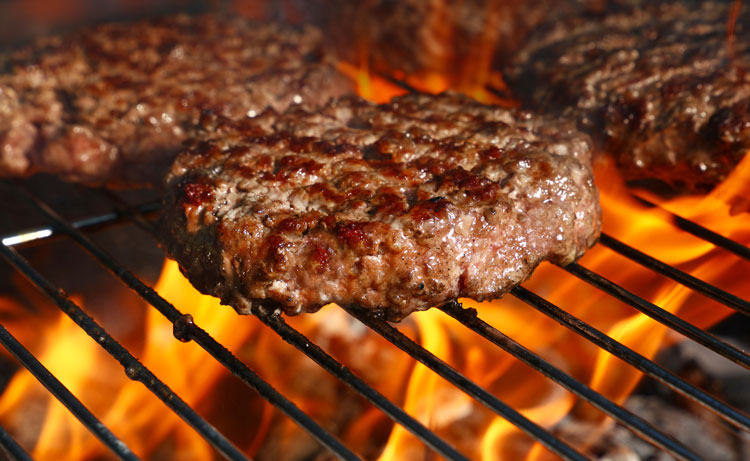
Meat, chicken, fish, dairy products, or eggs . . . as it turns out, your body needs nine proteins found in these foods because those amino acids cannot be made by the body. The animal-based food sources efficiently deliver those proteins.
There is an alternative . . .
“If you put a nut or legume with a grain product, they complement each other to give the body what it needs,” said Janelle Walter, a professor of family and consumer sciences at Baylor University.
There is a BIG BUT, however.
It takes 1-1/2 cups of rice and beans to equal the protein in 3 ounces of meat.
“You have to eat a heck of a lot of food if you get your protein from plants versus animal products,” said Walter. “Meat is just more efficient,” said the registered dietician during an interview in The Wall Street Journal written by Heidi Mitchell in the July 18, 2019, edition of the paper.
The human body needs 8 ounces a day
The human body needs 8 ounces, or about 45 grams, each day, explained Walter in the article “How much protein should you eat each in a day?”
(Editor’s note: a subscription may be required to read the entire article.)
Two meat patties the size of the palm of an average adult’s hand are the right amount of protein to eat each day to provide the 22 amino acids needed by the human body. While the human liver can make 13 of those amino acids or proteins, nine must come from the diet. Meat, chicken, fish, dairy products, or eggs are by far the most efficient food sources, as mentioned earlier.
In countries without enough meat, she added, adolescents’ growth often is stunted, which can’t be reversed, explained Walter to The Wall Street Journal. “In addition, their internal organs developed during that period may also have fewer cells, which can cause problems later in life,” she said.
For grownups, a phase of protein deficiency can lead to anemia, tissues not healing as quickly as normal, and difficulty fighting off infections. But all those can be addressed quickly by rebalancing one’s eating said Walter at the close of the published interview with The Wall Street Journal.








